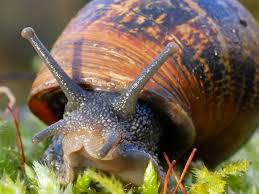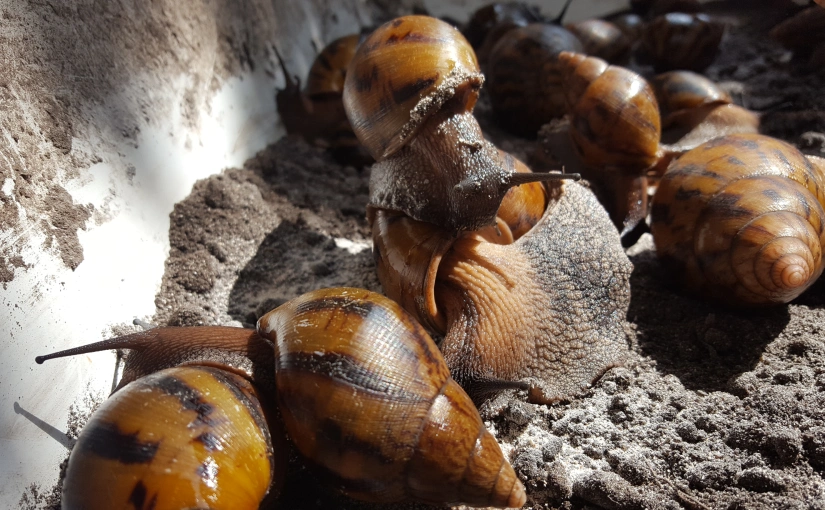As the harmattan season blankets the landscape, snail farmers face unique challenges in maintaining the well-being of their delicate gastropod companions. In this critical period, a proactive approach is paramount to ensure the health and productivity of snail farms. A look at these points can be useful:
1. Adequate moisture management
During the dry spell, snails are particularly vulnerable to dehydration. To counteract this, snail farmers should diligently water the soil to maintain optimal moisture levels. This, not only ensures the hydration of the snails, but also promotes a suitable environment for their activities. Adequate moisture is key to sustaining the life cycle of snails and fostering a thriving farm.
2. Protective shelter
Harsh weather conditions, characteristic of the harmattan season, can pose a threat to the well-being of snails. Providing protective shelter is crucial to shielding them from extreme temperatures and dry winds.
Constructing shelters that offer shade and moderate temperature can significantly contribute to the comfort and health of snails. This preventive measure becomes particularly vital as a safeguard against the potential and adverse effects of the dry season.
3. Well-balanced diet
A well-balanced diet is fundamental to the overall health and productivity of snails, especially during the harmattan season. Snail farmers must ensure that their snails receive nutritious and diverse diet.
This includes providing suitable feed with the right balance of vitamins and minerals. Monitoring the nutritional intake of snails becomes even more critical in adverse weather conditions, contributing to their resilience and vitality.
4. Environmental monitoring
Keeping a close eye on environmental factors is indispensable for snail farmers during the harmattan season. Regularly monitoring temperature and humidity levels allows farmers to make informed decisions to create an optimal habitat for their snails. Adjustments in response to climatic variations help maintain a stable and conducive environment by fostering the well-being of snails.
5. Regular farm inspection
Regular farm inspections are proactive measure to address potential issues promptly. During the harmattan season, snail farmers should be vigilant in identifying any signs of stress, illness, or other anomalies.
Timely intervention in response to these observations can prevent the escalation of problems, ensuring the sustained health and productivity of the snail farm.




